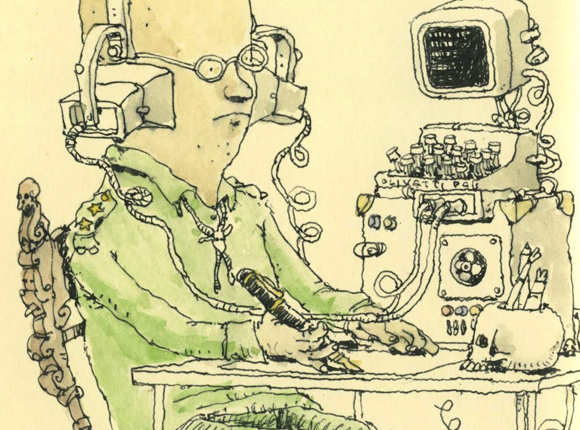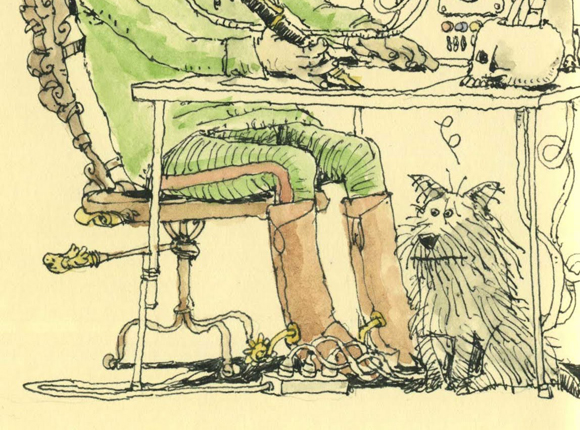These posts are adapted from the 20 minute lessons on story telling presented by Dan at the beginning of our Workshop! Workshop! show.
I want to continue with the theme from the post the other day where we talked about how in first person narrative, you as the narrator is separate from you as a character.
Here is another example of how understanding this dynamic can have interesting ramifications for a story depending on what choices you make:
Dan was in a workshop the other night and a woman told a story about her dad. He’d just gotten into a driveway car accident. She talked about how her dad would get upset at little things and swear to high hell, but if he was upset about something BIG then he’d get deathly quiet. When he was quiet, that’s when she knew it wasn’t a spilled milk situation.
Now, in her story, her narrator told us all this information from a neutral perspective. She was not judgmental and that focused the story on her character and her character’s journey. It focused the attention on how when she reflected on these different paths and the way different people in her life reacted to big and small negative events, she came to certain conclusions regarding how she wanted to behave and carry herself. This neutral tone fit this draft of her story because, at its heart, it was an analytical story.

What if her Narrator wasn’t neutral? What if she kept the plot exactly the same but changed where the Narrator’s sympathy was? Well, the same story would be very different if she vilified her dad as this scary guy who swore at the drop of a hat and he became even scarier when he became quiet.
And whether she as a character thought that or not in the moment, she as a narrator reflecting back on that situation has that choice. She can choose where the narrator’s sympathy lay.

What if the narrator decided to play up the humor of the situation? Your dad screaming to high heaven every time he stubs his toe or is one number off the winning lotto ticket is kind of absurd human behavior. What does the story sound like if you play on that absurdity. The narrator realizes this is a coping mechanism for the dad, and allows him have it, something everyone knows he does and laughs off. You could crank up the funny of that, “Oh my gosh when he drops a pencil it’s the funniest thing he just goes apoplectic!”
That’s a truth too but it’s a narratorial choice that’s different from what’s happening in real time with her living out that moment as a character.
If you found this article valuable, please share it on your social media. It does a lot to help us out. And if you want to discuss it further! Check out our show on join the FB invite and we will see you Monday at 6pm on Twitch.tv/storyluck


